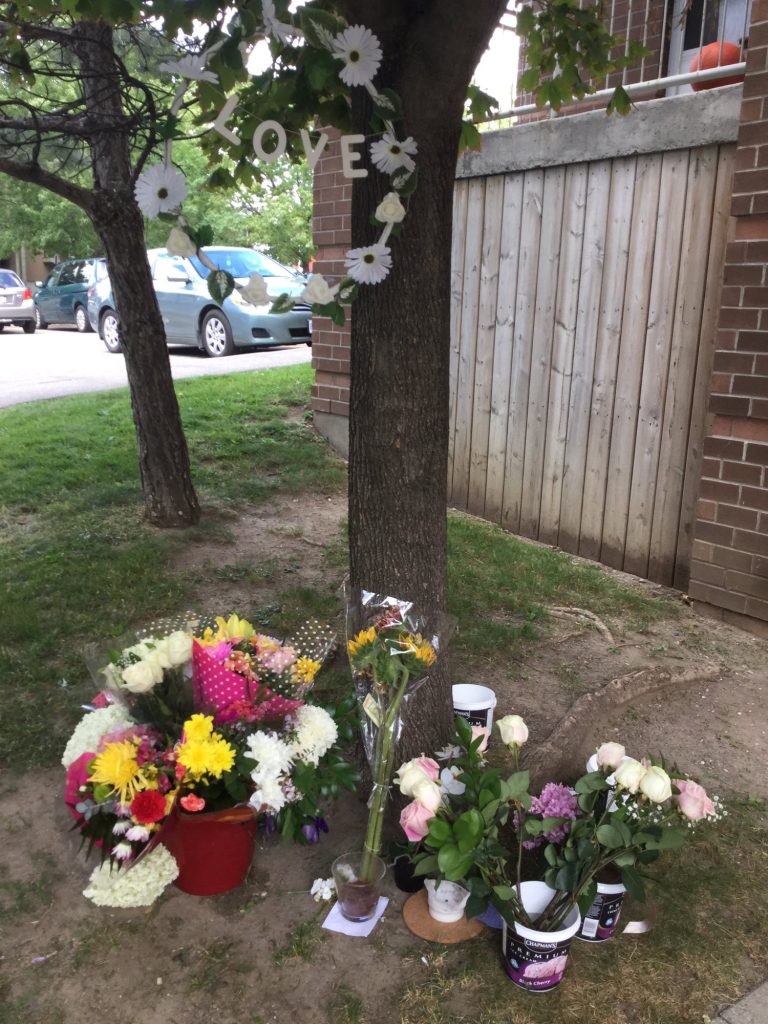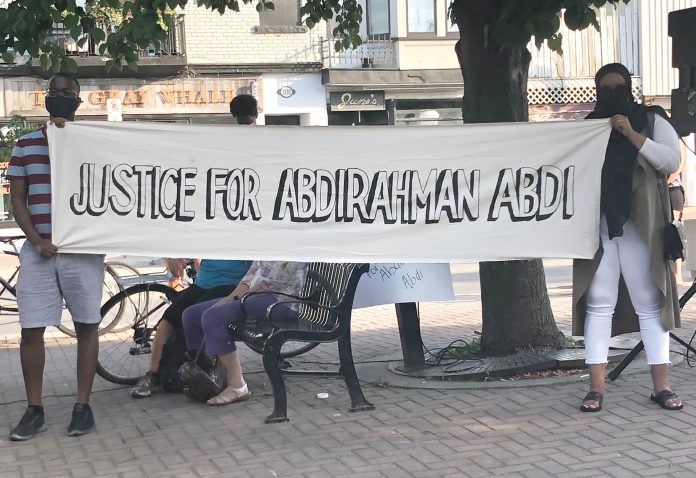By Christina Korotkov
An inquest into the death of Abdirahman Abdi has been announced almost seven years after the 36-year-old’s brutal death outside his Wellington West apartment.
The Somali-Canadian died after an altercation with Ottawa Police on July 24, 2016. The inquest will be conducted by the coroner, before a jury of community members, to provide the public with information around the circumstances of death, according to the City of Ottawa website. The jury’s conclusion is not binding, but provides hope that, if implemented, it will prevent future deaths.
At the time, Abdi had been struggling with his mental health when he was chased from the Hintonburg Bridgehead Coffee Shop, where he was accused of groping a female customer. He fled to the front steps of his apartment building at 55 Hilda St., where he was left unconscious. He was pronounced dead the next day.
Justice for Abdirahman Coalition
The Coalition has been focusing their efforts on uplifting the community. The Justice For Abdirahman Bursery is awarded during the fall and winter semesters for Black post-secondary students in Ontario who are active in the community and are passionate about social justice and social advocacy.
With the news of the inquest announced, the Coalition is hoping for closure.
“We will be watching from the sidelines and making sure that we get answers and closure. And that the investigation is a fair one and one without bias,” said Ifrah Yusuf, chair of the Justice for Abdirahman Coalition.
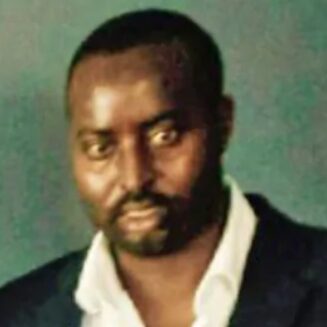
Yusuf wants to see the government and police take care of the city’s most vulnerable and ensure that qualified professionals engage with those who suffer from mental health episodes.
“With the pandemic and cost of living crisis, mental health needs are at an all time high,” she said.
Black Mental Health Support
In 2020, Ottawa Public Health published the Mental Health of Ottawa’s Black Community study, designed to address gaps in understanding barriers to access.
“To date, OPH has been working with Ottawa’s Black community to disseminate findings of the research study and implement programs, services and strategies aimed at improving service quality,” wrote Hodan Aden, supervisor for Wellness and Harm Reduction at OPH. “This work includes efforts to reduce and challenge racism through the development of anti-racism and anti-oppression workplace policies.”
The report found spirituality to be one of the most important strategies to maintain good mental health. Faith leaders were one of the first contacts for many people in the African, Caribbean, and Black (ABC) communities.
In collaboration with the Somerset West Community Health Centre, OPH developed a centralized list of ACB centered mental health services “to increase awareness and access of culturally appropriate services,” the report read.
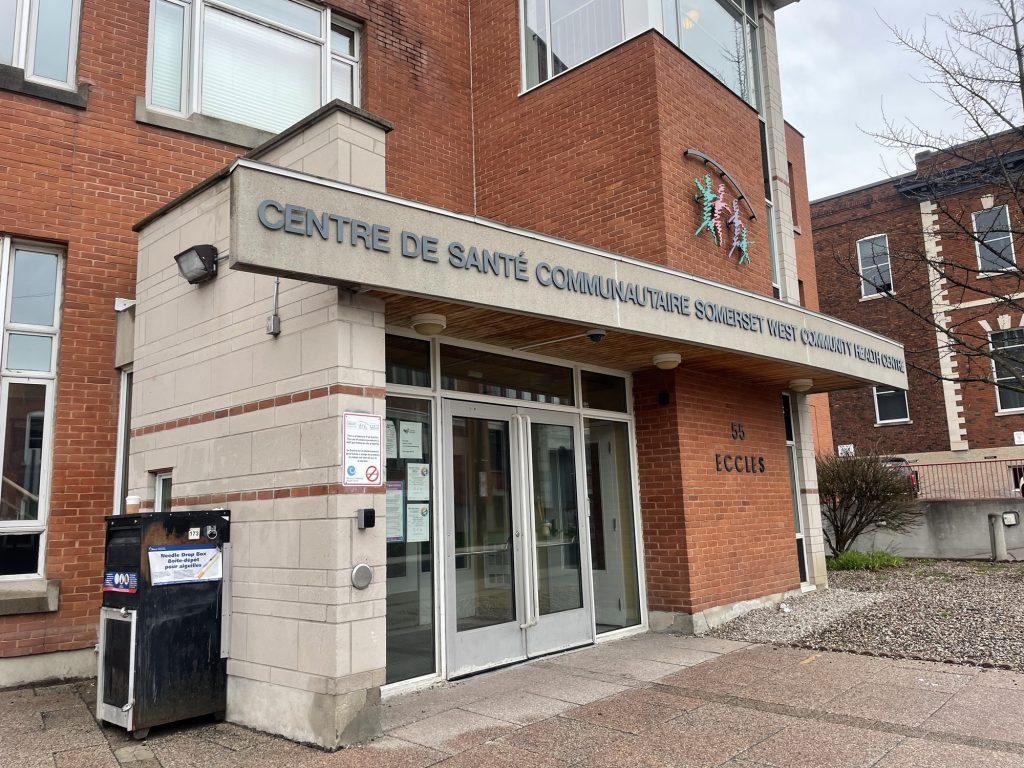
Community members have a variety of resources ranging from crisis support lines, individual counseling, to group support.
“The resources offered by organizations do have more than one of those supports. Say they’re connected to one service – it also gives them an opportunity to have a sense of what else this organization offers,” said Negad Hersi, the Black mental health outreach worker and counselor at the Somerset West Community Health Centre.
“Some of the reflections that we have heard in the community is having a service that is offered by someone who may see a little bit of yourself in. It makes it a little bit easier to access,” she added.
OPH has expanded its role to foster resilient communities by acting on recommendations from the study to develop and deliver faith leader training on mental health literacy and supports, stigma and suicide prevention.
In continuation to increase their efforts to contribute to mental health and substance use health initiatives for Black communities, OPH is an active member of the Ottawa Black Mental Health Coalition.
KT reached out to OBMHC, but did not hear back ahead of publication.
“OPH will continue to explore opportunities to facilitate the implementation of community-based strategies that promote mental health and reduce stigma,” Arden concluded.
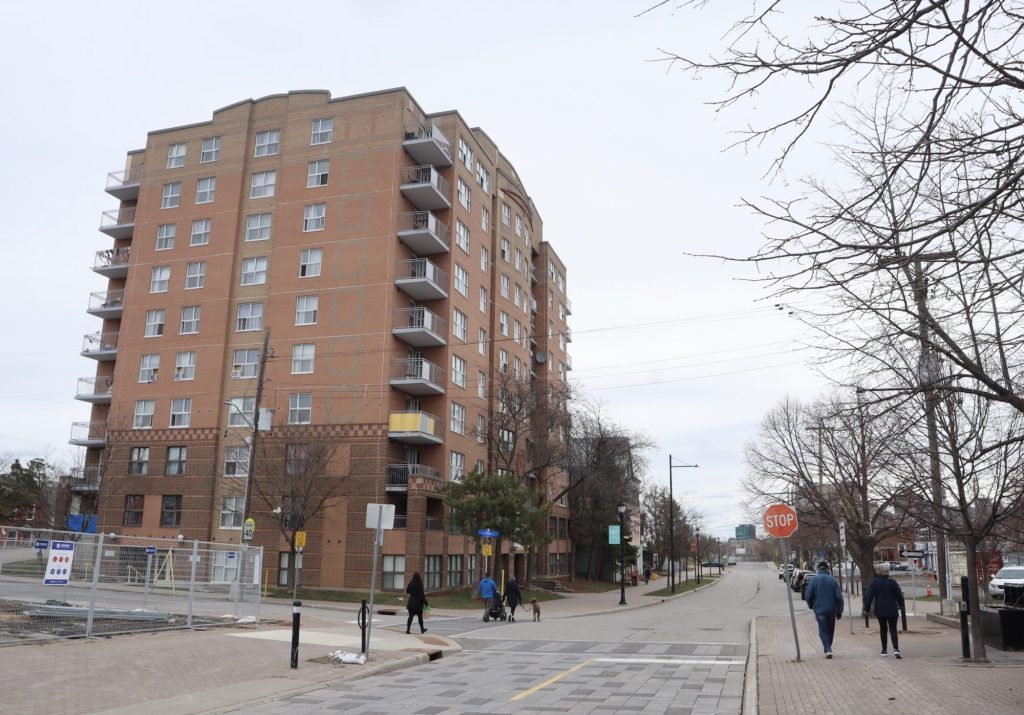
Enhanced police engagement
Since the “tragic” Abdi incident, Ottawa Police said it has taken significant steps to enhance community engagement, accountability, and responsiveness — particularly when it comes to dealing with mental health-related calls.
In a statement sent to KT, police said Equity, Diversity, and Inclusion, alongside the Diversity, Race Relations units, are integral to the forces framework.
“These units ensure that our Service responds effectively and sensitively, fostering an environment of fairness and inclusion,” Ottawa Police wrote. “Internally, the OPS invests in continuous learning and development for our officers through specialized training in hate and bias crime prevention, cultural competence, and collaboration with community organizations like the Catholic Centre for Immigrants. This training is designed to deepen understanding and foster positive interactions between police and the diverse communities we serve.”
According to police, it’s “robust and varied programs” include:
- Community-supported events like the Annual Diversity Celebrations, Iftar Dinners, and Kwanzaa celebrations with community groups such as Jaku Konbit.
- Educational initiatives on hate crime awareness in mosques, churches, schools, and other community spaces.
- Proactive outreach after incidents that impact racialized communities, enhancing communication and support.
- Engagement in cultural events and forums that include the Somali Hope Academy Gala, Youth Diversity Breakfast during Asian Heritage Month, and participation in initiatives addressing issues faced by Indigenous communities and other marginalized groups.
- Diverse community discussions and seminars, such as healing circles, threat assessments, and trauma response sessions.
“The Service is mindful of the disproportionate representation of marginalized communities and a correlation between community inequities, including a high number of calls for service, and the use of force with these communities,” said Ottawa Police. “Our Members continue to participate in important training, including Anti-Black Racism Learning Session, Cultural Awareness And Humility, Call It Out – Understanding Systemic Racism, The Path Indigenous Cultural Learning Modules and Using a Trauma-Informed Approach.”
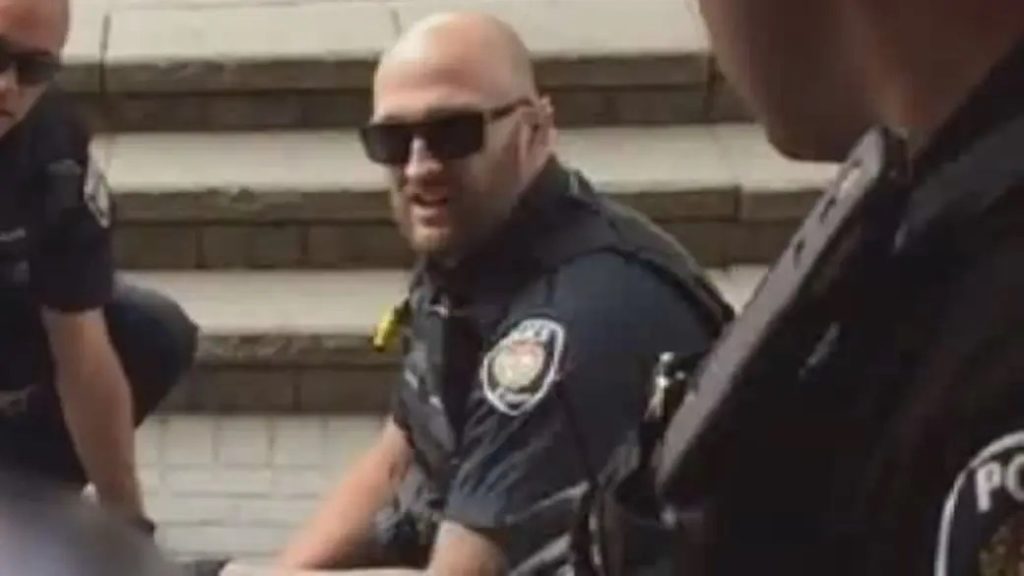
Timeline of events
July 24, 2016: Abdirahman Abdi, a 37-year-old Somali-Canadian, was beaten outside of his home on Hilda Street in Wellington West by constables Dave Weir and Daniel Montsion.
July 25, 2016: Abdi was declared dead the following day. According to the attending doctor, Abdi had passed away 45 minutes before arriving at the hospital.
July 2016: The Justice for Abdirahman Coalition was formed just days after his death.
March 6, 2017: The Special Investigations Unit concluded that Constable Montsion should be charged with manslaughter, aggravated assault, and assault with a weapon. Officer Dave Weir was not charged and treated as a witness.
July 17, 2018: The family of Abdirahman Abdi sued the Ottawa Police Services Board, then police Chief Charles Bordeleau, and constables Daniel Montsion and David Weir for more than $1.5 million.
October 20, 2020: Ottawa police Const. Daniel Montsion was found not guilty of manslaughter, aggravated assault and assault with a weapon in connection with the 2016 death of Abdirahman Abdi.
January 25, 2021: A settlement was agreed upon between the family of Abdirahman Abdi and OPS. OPS presented a report on how it would work with the public to develop that strategy, including consulting with Black, Indigenous, LGBTQ+, and mental health advocacy groups.
